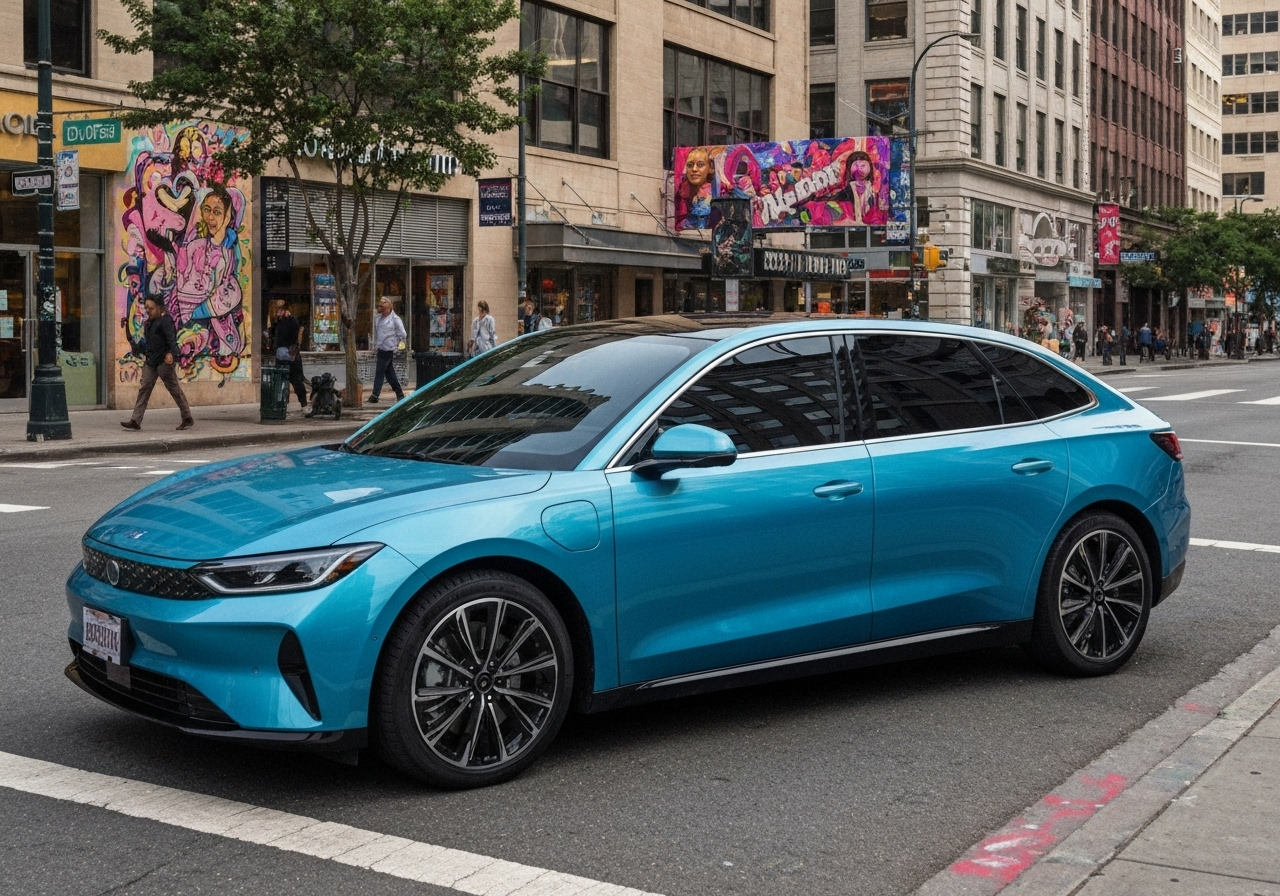Understanding the Importance of Auto Insurance
Navigating the world of automotive protection can seem complex, but understanding your auto insurance basics is crucial for every driver. Auto insurance provides vital financial security, protecting you from potentially devastating costs associated with accidents, theft, or other unforeseen events. Beyond just being a legal requirement in most states, it offers invaluable peace of mind, knowing you’re covered when the unexpected happens on the road. For many, a single accident without adequate coverage can lead to severe financial hardship, underscoring the importance of selecting the right policy.
Auto Insurance Basics Understanding Your Coverage
When you purchase an auto insurance policy, you’re essentially buying a contract that outlines the monetary benefits available to you in case of an incident. Each component of your policy has a "limit," which is the maximum amount your insurer will pay out for losses within that specific category. These details are typically listed on your policy’s "declarations page." While state laws mandate certain types and minimum amounts of coverage, you have the flexibility to add more to enhance your protection.
Mandatory Auto Insurance Coverage Explained
Most states require drivers to carry specific types of auto insurance coverage to legally operate a vehicle. The most fundamental of these is liability coverage, which is designed to protect you financially if you are found at fault for an accident causing bodily injury or property damage to others. This crucial coverage is typically split into two main parts:
- Bodily Injury Liability: This covers costs such as medical care, lost wages, and funeral expenses for other individuals injured in an accident you cause.
- Property Damage Liability: This covers the repair or replacement costs for another driver’s vehicle or other property damaged in an accident for which you are responsible.
Having sufficient liability coverage is paramount. A common mistake drivers make is opting for minimum liability limits, which might leave them personally responsible for large out-of-pocket expenses if an accident’s damages exceed those limits. It’s always wise to consider coverage that adequately protects your assets.
Commonly Required Auto Insurance: PIP, MedPay, and Uninsured Motorist
Beyond liability, some states also mandate or strongly recommend other coverages that directly impact you and your passengers. These include Medical Payments (MedPay), Personal Injury Protection (PIP), and Uninsured/Underinsured Motorist (UM/UIM) coverage.
- Medical Expense Coverage (MedPay & PIP): These coverages pay for medical costs you and your passengers incur in an accident, regardless of who was at fault. In some states, PIP may also cover related expenses like lost income or childcare. The choice between MedPay and PIP, or if one is required, depends on your state’s regulations.
- Uninsured and Underinsured Motorist Coverage: This vital coverage protects you and your passengers if you’re involved in an accident with a driver who either has no insurance or insufficient insurance to cover your damages. It can also apply in hit-and-run situations or incidents involving stolen vehicles. Given the significant number of uninsured drivers on the road, UM/UIM coverage acts as a critical safety net for your financial well-being. According to United Policyholders, in some states, up to 40% of drivers may fall into the uninsured/underinsured category, highlighting the importance of adequate UM/UIM protection.
Exploring Optional Auto Insurance Coverage: Collision, Comprehensive, and More
While some coverages are mandatory, optional coverages offer an additional layer of protection for your vehicle. The two most common optional coverages are collision and comprehensive.
- Collision Coverage: This pays for damage to your own vehicle resulting from an impact with another vehicle or object.
- Comprehensive Coverage: Often referred to as "other than collision" coverage, comprehensive pays for damage to your car caused by non-collision events such as fire, theft, vandalism, falling objects, hail, flood, or hitting an animal.
Deciding whether to add collision and comprehensive often depends on your vehicle’s value and whether it’s financed. Lenders typically require these coverages. For older vehicles, it’s worth evaluating if the cost of premiums over time outweighs the car’s actual cash value. Additionally, other optional coverages like rental reimbursement (loss of use) and roadside assistance can provide further convenience and financial relief.
Factors Influencing Your Auto Insurance Premiums
Several factors play a significant role in determining the cost of your auto insurance premiums. Insurers assess various elements to gauge the level of risk they are undertaking. Understanding these factors can help you make informed decisions:
- Driving Record: Your history of accidents and traffic violations is a major determinant. A clean record often translates to lower premiums.
- Type of Vehicle: The make, model, year, and safety features of your car influence your rate. Expensive, high-performance, or frequently stolen vehicles may cost more to insure.
- Location: Where you live and garage your vehicle can impact rates due to varying risks of theft, vandalism, and accident rates in different areas.
- Age and Gender: Younger, less experienced drivers typically face higher premiums, while rates may decrease with age up to a certain point.
- Credit Score: In many states, insurance companies use credit-based insurance scores as a factor in determining premiums.
- Mileage Driven: Drivers who commute long distances or drive frequently may pay more than those who drive fewer miles.
- Deductibles and Coverage Limits: Opting for higher deductibles generally lowers your premium, as you take on more of the initial financial risk. Increasing your coverage limits will typically increase your premium.
Who and What Your Auto Policy Truly Covers
Your auto policy is designed to protect not just you, but often other drivers and vehicles under specific circumstances. Generally, your policy covers you and any drivers listed on your policy when operating the insured vehicle. It may also extend coverage to other individuals who drive your car with your permission, though limitations can apply. The specific types of incidents covered depend on the coverages you’ve purchased, ranging from collisions and comprehensive events to medical expenses and damages caused by uninsured motorists. It’s important to review your declarations page and policy documents to fully understand the scope of your protection and who is covered.
Getting Started With Beach Insurance LLC for Your Auto Needs
Understanding auto insurance basics is the first step towards securing your financial future on the road. At Beach Insurance LLC, we are dedicated to helping you navigate the complexities of auto insurance, ensuring you have the right coverage for your unique needs. We encourage you to evaluate your current policy and consider how factors like your driving habits, vehicle type, and personal financial situation can influence your coverage choices. Taking the time to compare options and ask questions can lead to significant savings and better protection. Our goal is to provide clarity and comprehensive options, so you can drive with confidence, knowing you’re well-protected.
Visit our Contact Us page for more information!






